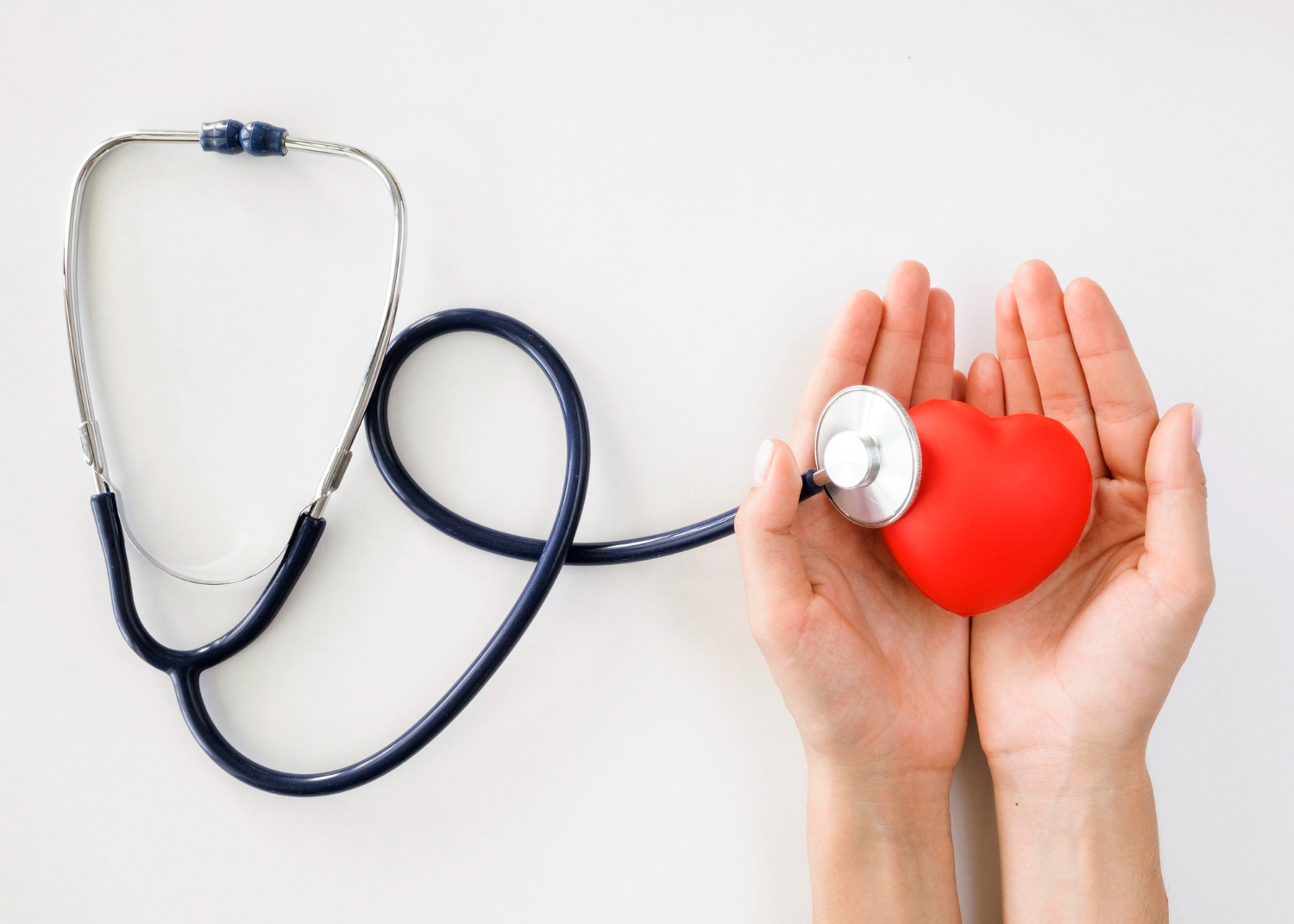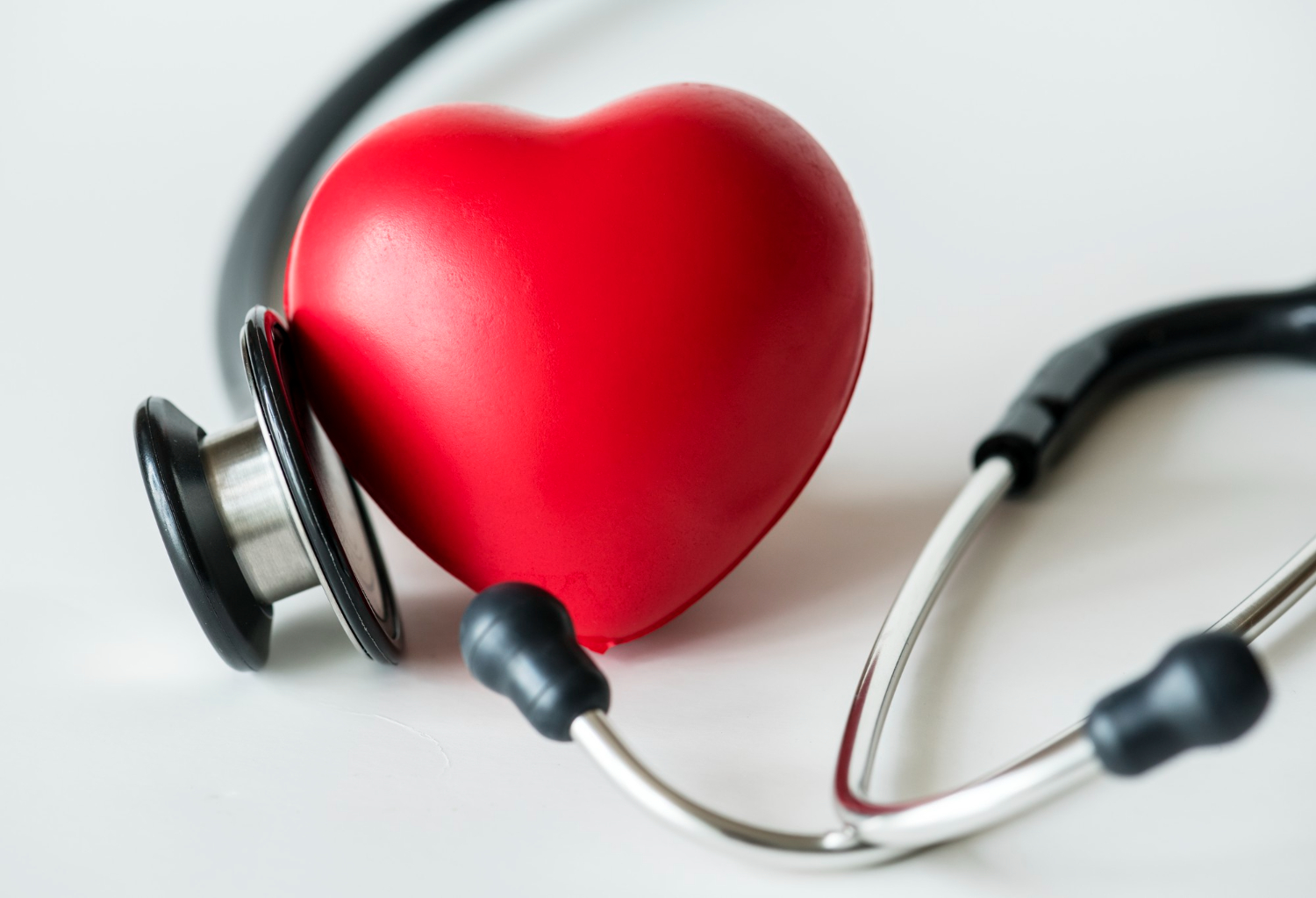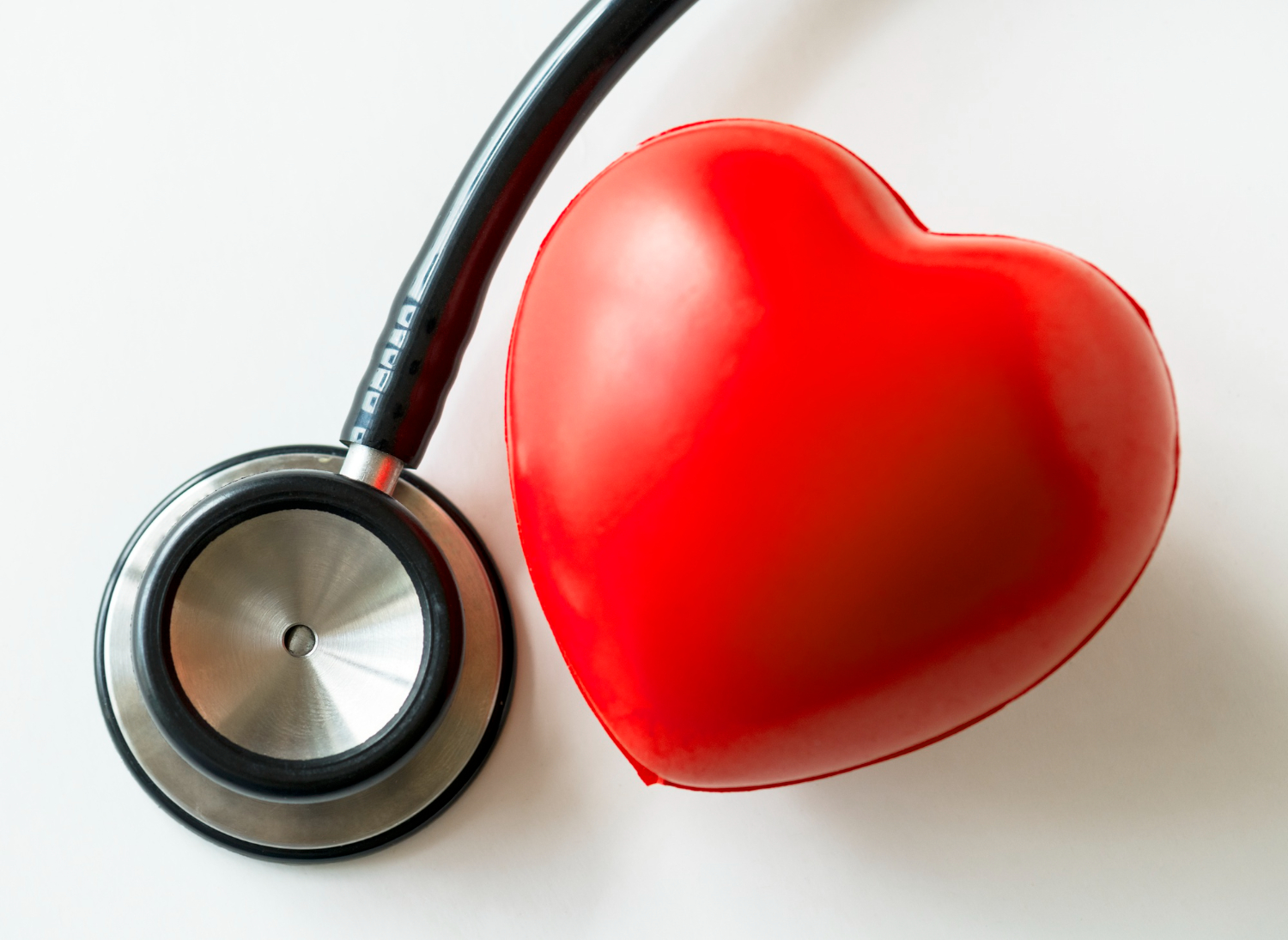Best and Safe Ways to Increase Heart Rate [Quickly]
How to Increase Heart Rate Quickly — Benefits, Risks, and Safe Methods
Almost everyone has experienced it at least once: you are running late, the elevator is out of order, and you suddenly find yourself taking the stairs two at a time. Or perhaps you are sitting in an exam hall when the proctor announces, “One minute remaining,” and your heart instantly starts pounding as if it has turned into a war drum. That rapid, forceful heartbeat feels almost as if someone is knocking from inside your chest.
This raises an important and surprisingly common question: Can we intentionally increase our heart rate? And if so, why would we want to do that, how can we do it safely, and when does it become dangerous?
In this comprehensive medical guide, we will explore the science behind increasing heart rate, its potential benefits, the risks that should never be ignored, and both physical and non-physical techniques that can raise heart rate quickly. The discussion is framed for people living in North America and Europe, where sedentary lifestyles, indoor work, cold climates, and urban stress are common contributors to reduced daily physical activity.
Why Increasing Heart Rate Can Be Beneficial
At first glance, intentionally raising your heart rate may sound counterintuitive or even risky. However, when done properly and within safe limits, an elevated heart rate can offer several important health benefits.
1. Improved Blood Circulation
As heart rate increases, blood circulates more rapidly through the cardiovascular system. This enhanced circulation allows oxygen and nutrients to reach vital organs, muscles, and the brain more efficiently. You can think of it as clearing traffic from a congested highway, everything flows faster and more smoothly.
For individuals living in colder climates or spending long hours indoors, improved circulation can help combat feelings of sluggishness and cold extremities.
2. Strengthening the Heart Muscle
The heart is, fundamentally, a muscle. Just like skeletal muscles become stronger with resistance training, the heart becomes more efficient when challenged appropriately. Periodic increases in heart rate, especially during aerobic activity, train the heart to pump blood more effectively.
Over time, this leads to a lower resting heart rate and improved cardiovascular endurance, both of which are associated with reduced risk of heart disease.
3. Reduced Fatigue and Mental Fog
A rise in heart rate stimulates the release of endorphins and other neurochemicals associated with alertness and well-being. This is why even a short burst of activity can leave you feeling more awake, focused, and mentally clear.
For office workers in the U.S., Canada, and Europe who spend much of the day seated, this effect can be particularly valuable.
4. Enhanced Fat Metabolism
When heart rate increases, the body’s metabolic demands rise. To meet these demands, the body taps into stored energy, including fat reserves. This is one of the reasons regular cardiovascular exercises are associated with weight management and improved metabolic health.
5. Mental Health Benefits
Numerous studies show that activities that elevate heart rate help regulate neurotransmitters such as serotonin and dopamine. These chemicals play a key role in mood stabilization and stress reduction. Regular heart-rate-elevating activities are associated with lower rates of anxiety and depression.
Understanding the Risks: When Increased Heart Rate Becomes Dangerous
Despite its benefits, increasing heart rate is not always safe, especially if done without awareness of individual health conditions.
1. Chest Pain Is a Medical Red Flag
Any sensation of pressure, tightness, or pain in the chest during activity should be taken seriously. If chest discomfort radiates to the left arm, jaw, neck, or back, immediate medical attention is required. This is not a situation to “push through.”
2. Dizziness and Visual Disturbances
A sudden or excessive increase in heart rate can lead to drops or fluctuations in blood pressure. This may cause lightheadedness, blurred vision, or even fainting. These symptoms indicate that the body is under excessive strain.
3. Risks for Individuals with Pre-Existing Conditions
People with hypertension, arrhythmias, valvular heart disease, or chronic illnesses should never attempt to raise heart rate intentionally without medical guidance. What may be healthy stimulation for one person could be harmful for another.
4. Overuse of Stimulants
Caffeine and energy drinks are often used as shortcuts to increase heart rate. While moderate caffeine intake may be safe for many adults, excessive use can cause palpitations, anxiety, insomnia, and in severe cases, cardiac complications.
5. Overtraining and Burnout
More is not always better. Excessive or overly intense exercise especially without adequate recovery can weaken the immune system, strain the heart, and increase injury risk. Sustainable, balanced activity is far more beneficial than extremes.

Why Would Someone Want to Increase Heart Rate Intentionally?
Although it may seem strange at first, there are many legitimate reasons:
- Athletes use it to warm up and prepare the body for performance.
- Sedentary individuals use it to re-activate circulation and metabolism.
- Professionals may seek a quick energy boost before presentations or demanding tasks.
- Medical and rehabilitation settings sometimes require controlled heart-rate elevation for diagnostic or therapeutic purposes.
Fast and Effective Physical Methods to Raise Heart Rate
- Stair Climbing: A Free Cardio Tool
Running up stairs is one of the fastest ways to increase heart rate. Even climbing two or three floors at a brisk pace can produce a noticeable cardiovascular response.
- Jumping Exercises
Jumping jacks, rope jumping, or simulated rope skipping rapidly elevate heart rate. These movements engage multiple muscle groups and require minimal space or equipment.
- Dancing
Dancing to upbeat music combines physical movement with emotional stimulation. It is highly effective, accessible, and enjoyable; making it easier to maintain consistency.
- Short Bursts of Running
Even a 30-second sprint or fast jog can sharply increase heart rate. This method is particularly effective for people with limited time.
- Interval Training
High-intensity interval training (HIIT), such as alternating 20 seconds of intense effort with short rest periods, can raise heart rate very quickly. This method is suitable only for individuals with adequate fitness and no contraindications.

Non-Exercise Methods to Increase Heart Rate
Sometimes physical activity is not practical, such as during work hours or in confined spaces.
- Caffeine Consumption
A moderate amount of coffee or strong tea can raise heart rate slightly by stimulating the central nervous system. However, moderation is essential.
- Psychological Stimulation
Stress, excitement, or emotional arousal, such as watching a suspenseful movie or experiencing surprise can temporarily elevate heart rate.
- Rapid or Deep Breathing
Intentional fast or deep breathing can increase heart rate as the body responds to changes in oxygen and carbon dioxide levels. This technique should be used cautiously and briefly.
Safety Guidelines for Increasing Heart Rate
- Start Gradually
If you have been inactive, avoid sudden intense activity. Begin with brisk walking or light dynamic movements to prepare the cardiovascular system.
- Know Your Safe Heart Rate Range
A commonly used estimate for maximum heart rate is:
- 220 − age = estimated maximum heart rate
For general fitness, staying within 60–80% of this maximum is typically considered safe for healthy adults.
- Pay Attention to Body Signals
If you cannot speak in full sentences or feel unusually short of breath, reduce intensity. The body provides clear warning signs when limits are exceeded.
- Stay Hydrated
Dehydration increases cardiovascular strain. Adequate fluid intake before and after activity supports heart function.
- Manage Stimulant Intake
Avoid excessive caffeine or energy drinks. Natural physical activity is a safer and more sustainable way to raise heart rate.
- Seek Medical Advice When Needed
Adults over 35, individuals with risk factors, or those with a family history of heart disease should consider a medical evaluation before engaging in intense cardiovascular activity.
Final Thoughts
Raising your heart rate quickly can be both beneficial and energizing when done correctly. Whether through brief physical activity, controlled breathing, or moderate stimulation, intentional heart-rate elevation can support cardiovascular health, mental clarity, and overall vitality.
However, the heart is not merely a tool for excitement or performance, it is a vital organ that deserves respect and care. Balance, moderation, and awareness are the keys to ensuring that increased heart rate remains a health-promoting experience rather than a medical emergency.
References
How’s your heart rate and why it matters?
Improvements in heart rate variability with exercise therapy





